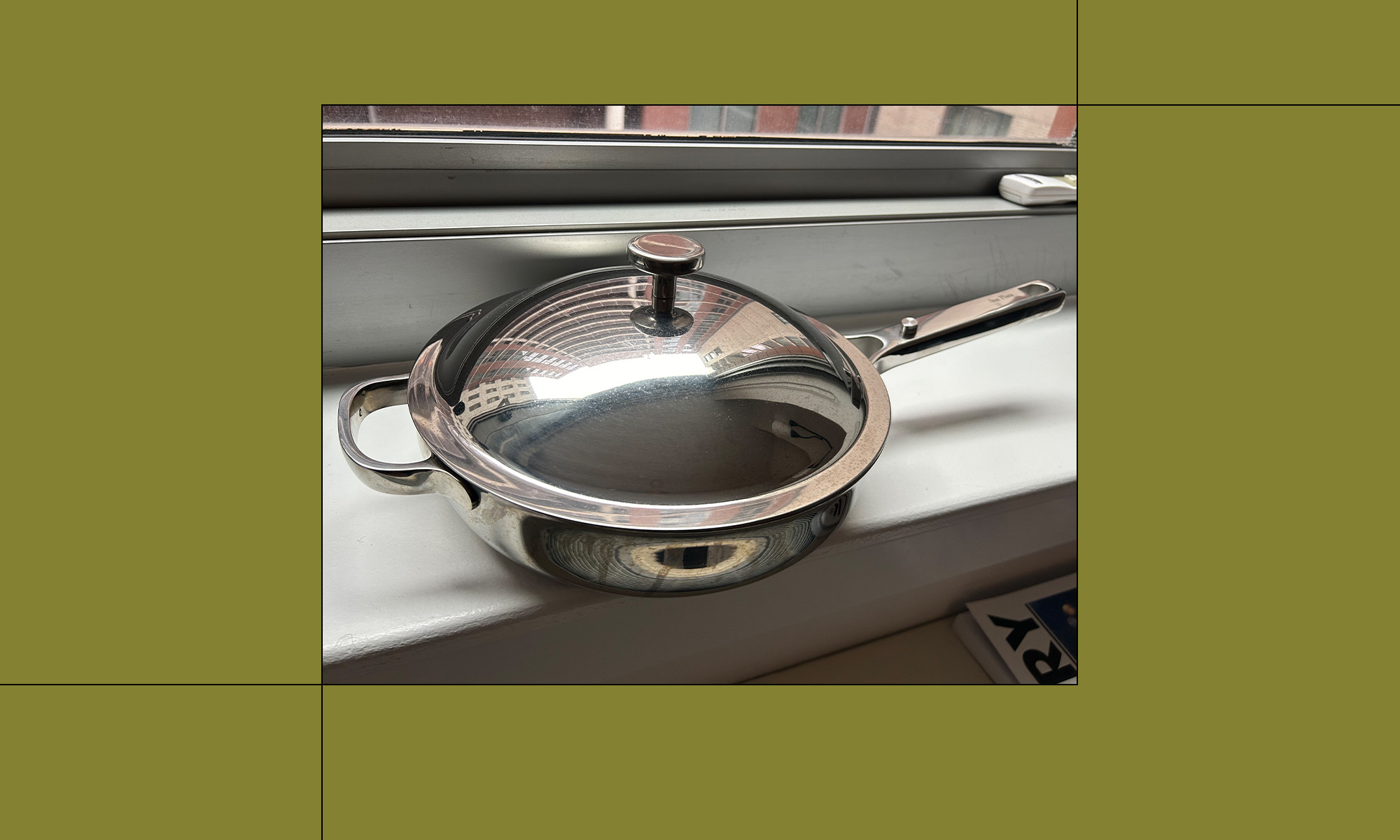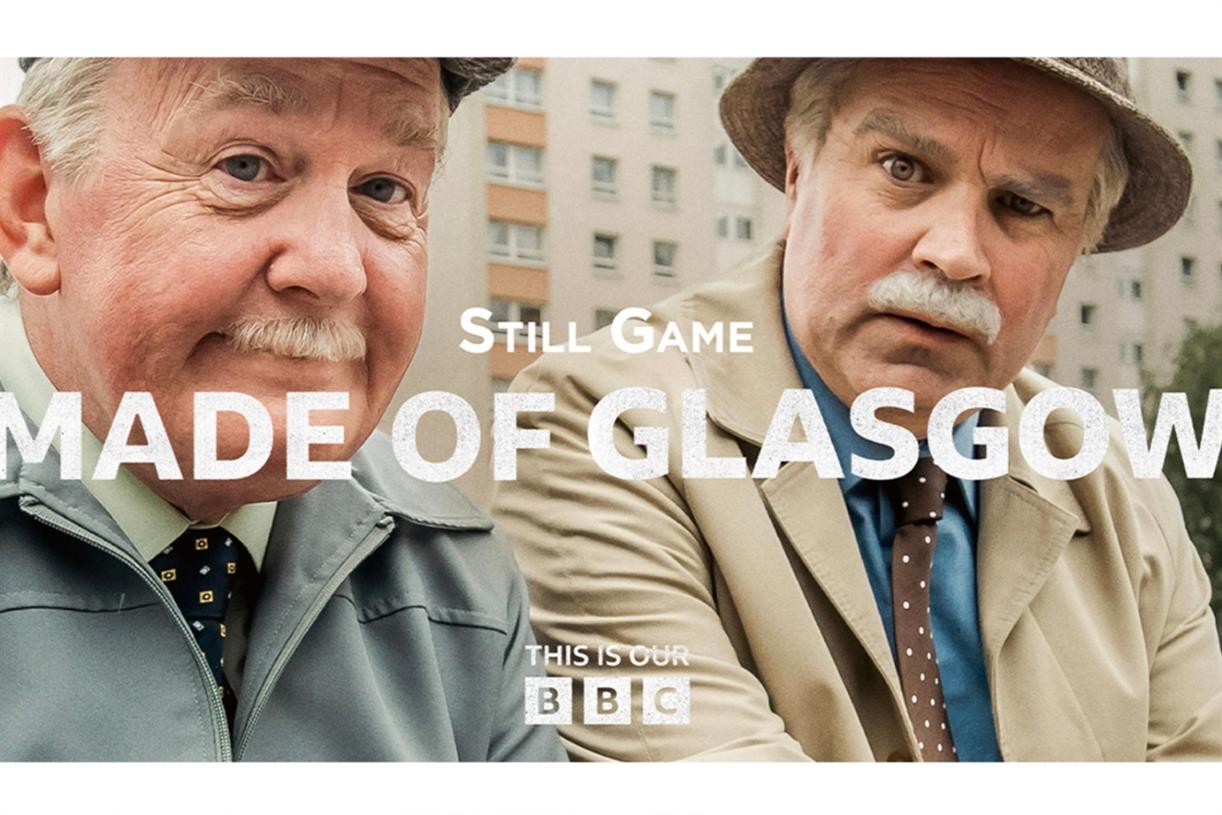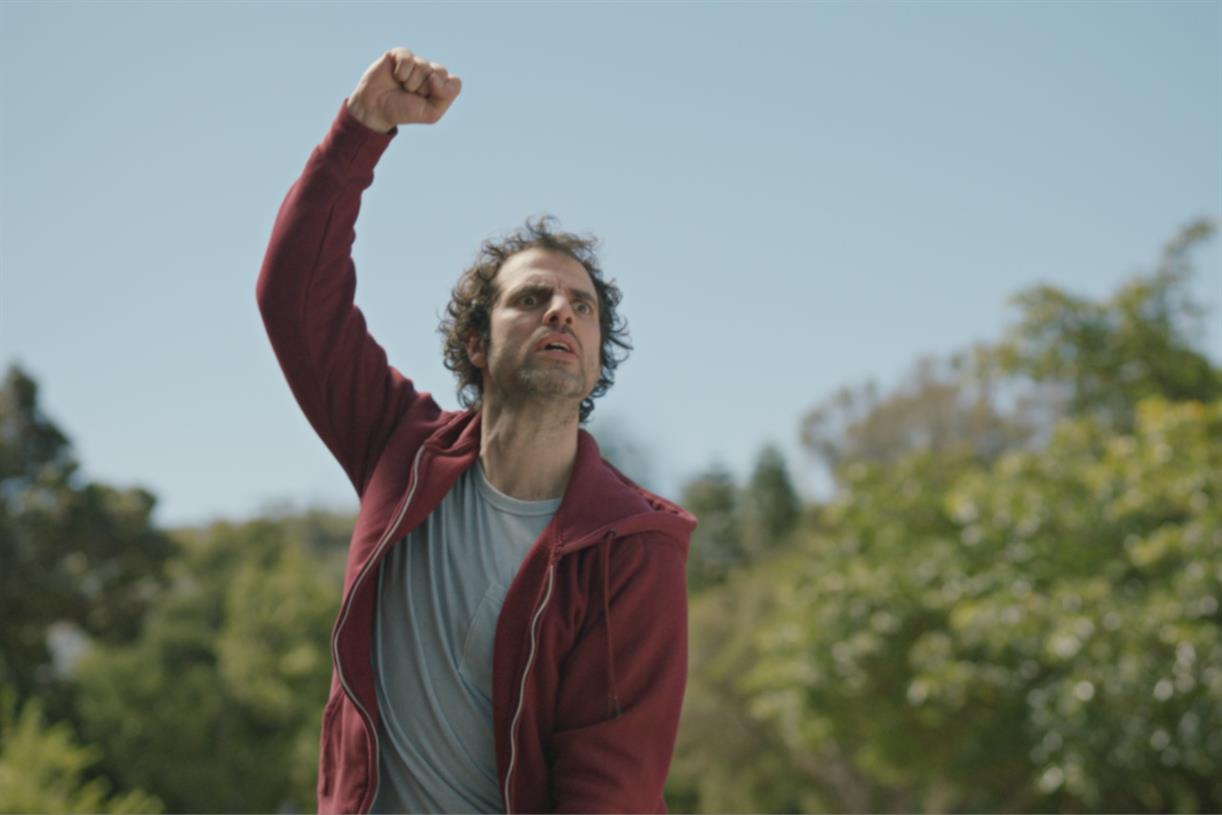How to Spend More Time in Real Life
I lived a third of my life before I ever touched a computer. I’m from the age of typewriters, TV antennas, and corded phones that you rushed to pick up because there was no such thing as an answering...


I lived a third of my life before I ever touched a computer. I’m from the age of typewriters, TV antennas, and corded phones that you rushed to pick up because there was no such thing as an answering machine.
When Star Wars was first out (yes, I mean A New Hope, but we just called it Star Wars because it was the only one), it stayed in theaters for over a year – and we stood in long lines to view it for the third or fifth or twelfth time, because there was no way to play a video at home. The only way to see Luke destroy the Death Star was to go with your friends and see it on the big screen.
So here we are, decades after that first computer (and it was really only a primitive word processor that could also store and sort data, such as inventory or an address list). Today I carry a computer in my hand that has thousands of times more speed and millions of times more memory than those early desktops. It replaces the telephone, phone book, radio, pager, calendar, calculator, clock, compass, camera, video camera, game console, newspaper, notebook, dictionary, encyclopedia, maps, and more.
I know that my grandsons, and even at times their parents, think nothing of this. It’s not a wonder to them, it’s just a normal part of the world. But if you’ve taken the time to read the previous 245 words, maybe they’ve reminded you of just how awesome modern technology is.
In its earliest usage, more than 400 years ago, “awesome” meant full of awe, extraordinary, or profoundly reverential. But it could also encompass the idea of daunting, fearsome, or overpowering.
That’s exactly where we are today.
Before we surrender ourselves completely to AI and lose our capacity for independent thought and action, maybe we should embrace analog living and spend more time offline.
There are just two things we need to do in order to enjoy the world around us.
Set Better Boundaries On Screen Time.
Screens can be all-consuming unless you set clear times and spaces for accessing them. It would be great if you could work up to one entire day per week, or a whole weekend every month, to go screen-free. But if that feels too hard, take one or more of these smaller steps today:
• Don’t go to bed with your phone. Put it down at least 30 minutes before lights-out.
• Don’t wake up with your phone. Keep from touching it until after you’ve prayed, exercised, showered, or otherwise completed your pre-breakfast routine.
• Don’t eat with your phone. Make mealtimes screen-free. Read a book, write in your journal, do a crossword, have a face-to-face conversation, or simply observe the world around you.
Embrace The Pleasures Of Real Life.
Real life is more joyful and beautiful than sorting email, scrolling social media, or feeding your Minecraft addiction. But you might have to remind yourself of that, and figure out ways to make your off-screen experience special.
That’s where simple pleasures come in. Help yourself go slower, savor, and reconnect with your own mind and body.
1. Add nature.
From watering your plants to strolling through a park, getting into greenery and fresh air will make you feel relaxed and happy. Don’t insulate yourself with a podcast or playlist – listen to the birds or the wind in the trees; notice flowers and small animals.
Want to add some romance to your excursions? Picnic by a river, watch the sunset or the moon rise, or treat yourself to some garden-grown (or farmers’ market) fruit or flowers.
2. Go where the books are.
Visit your local library and bookstores. There might be author events, or a book club you can join. Hanging out with people who love books is always a good idea.
If it’s been a while since you’ve read much more than a blog post, start small. Pick a book that looks attractive to you, and simply read a page a day. (You can read more if you get hooked!) That’s a tiny habit with plenty of opportunity for success.
3. Carry a notebook instead of defaulting to Google.
Sure, it can be cool to have the answer to everything right at your fingertips. But it can also be distracting, overwhelming, and limiting to your own ideas, creativity, and memory. You might think that internet searches are making you smarter, and to some extent they may be. But you might also be giving in to a compulsion to gather a bunch of information you don’t need, just like we pick up trinkets and freebies we don’t need. Mind clutter won’t serve you any better than physical clutter does.
Instead, carry a small notebook, and write down questions that you would normally Google. If you’re still curious later in the week, do a search session for all of your current questions, instead of interrupting a conversation or other activity to get immediate answers. Meanwhile, see if you can dig out some of your own knowledge and come up with educated guesses – just like you would have done back in the 90s.
4. Read a newspaper.
Instead of skimming or clicking deeper and deeper into the horror of online news, subscribe to a newspaper. It can be hard to keep up with a daily delivery, but a Sunday paper might be just right. Alternatively, subscribe to a weekly news magazine. You can read what looks interesting, then skip right to the arts and leisure section if you want.
Interestingly, younger readers are turning to print media more and more, apparently because they believe that it’s more trustworthy than what you can find online, and because it’s easier to focus on the information. As 26-year-old London solicitor Nicholas White says,
I find the experience better, holding it in my hands, rather than scrolling. And I like that there’s a beginning and an end to it. Online, there’s just endless amounts of material, whereas with a physical magazine, it has already been whittled down.
I think you’ll like this old-fashioned, leisurely experience too.
5. Make something.
Use your own two hands, plus tools and supplies, to make something useful and beautiful. Crochet a pretty scarf or a baby blanket, design and make greeting cards, bake some bread or some cookies, cultivate a garden, or make your own lemon and lavender bath soak (and then relax in it).
6. Send real mail.
Email can seem brusque and business-like. Resurrect the pleasure of real mail – a handwritten note to savor and enjoy. It doesn’t have to be long (unless you want to emulate Jane Austen and other noted letter-writers). But imagine the pleasure of opening the mailbox to see not junk, not another bill, but a beautiful, personal note that someone took the time and effort to write. That’s the joy of real mail. You may even inspire your recipient to write you back.
Experiment with these and other simple pleasures, and you may find yourself spending more time than you planned untethered from a screen. Enjoy your real life!
***
About the Author: Karen Trefzger is a writer, singer, teacher, wife, mother, and grandmother who has been choosing a simpler life for over 20 years. She is the author of several books about minimalism, and blogs at Maximum Gratitude Minimal Stuff.

 ValVades
ValVades 




























